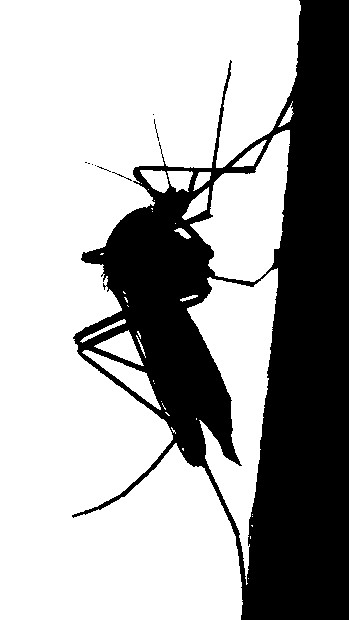Ghana goes for new jab
 Ghana has become the first to approve a new malaria vaccine developed by Oxford University.
Ghana has become the first to approve a new malaria vaccine developed by Oxford University.
The project could be a big step in the fight against a disease that claims the lives of hundreds of thousands of people each year.
The vaccine, known as R21, has been approved domestically for children aged between five and 36 months.The approval is unusual in that it has come before the publication of final-stage trial data. It remains unclear when the vaccine may be rolled out more widely as other regulatory bodies are still assessing its safety and effectiveness.
Dr Adrian Hill of Oxford University says the vaccine is the first major vaccine to be approved in an African country ahead of rich nations.
“Particularly since COVID, African regulators have been taking a much more proactive stance, they've been saying … we don't want to be last in the queue,” he said.
Malaria is a mosquito-borne disease that kills more than 600,000 people each year, most of them children in Africa.
The Oxford vaccine is the second in recent years to be approved for use, following Mosquirix from GSK. However, a lack of funding and commercial potential is thwarting GSK's capacity to produce as many doses as needed, demonstrating the need for another candidate.
Oxford University has a deal with the Serum Institute of India to produce up to 200 million doses of the vaccine annually.
Childhood vaccines in the poorest parts of Africa are typically co-funded by international organisations such as Gavi only after getting WHO approval.
Ghana uses Gavi funding for its vaccine campaigns, although it is moving towards buying its own shots after economic growth in recent years.








 Print
Print